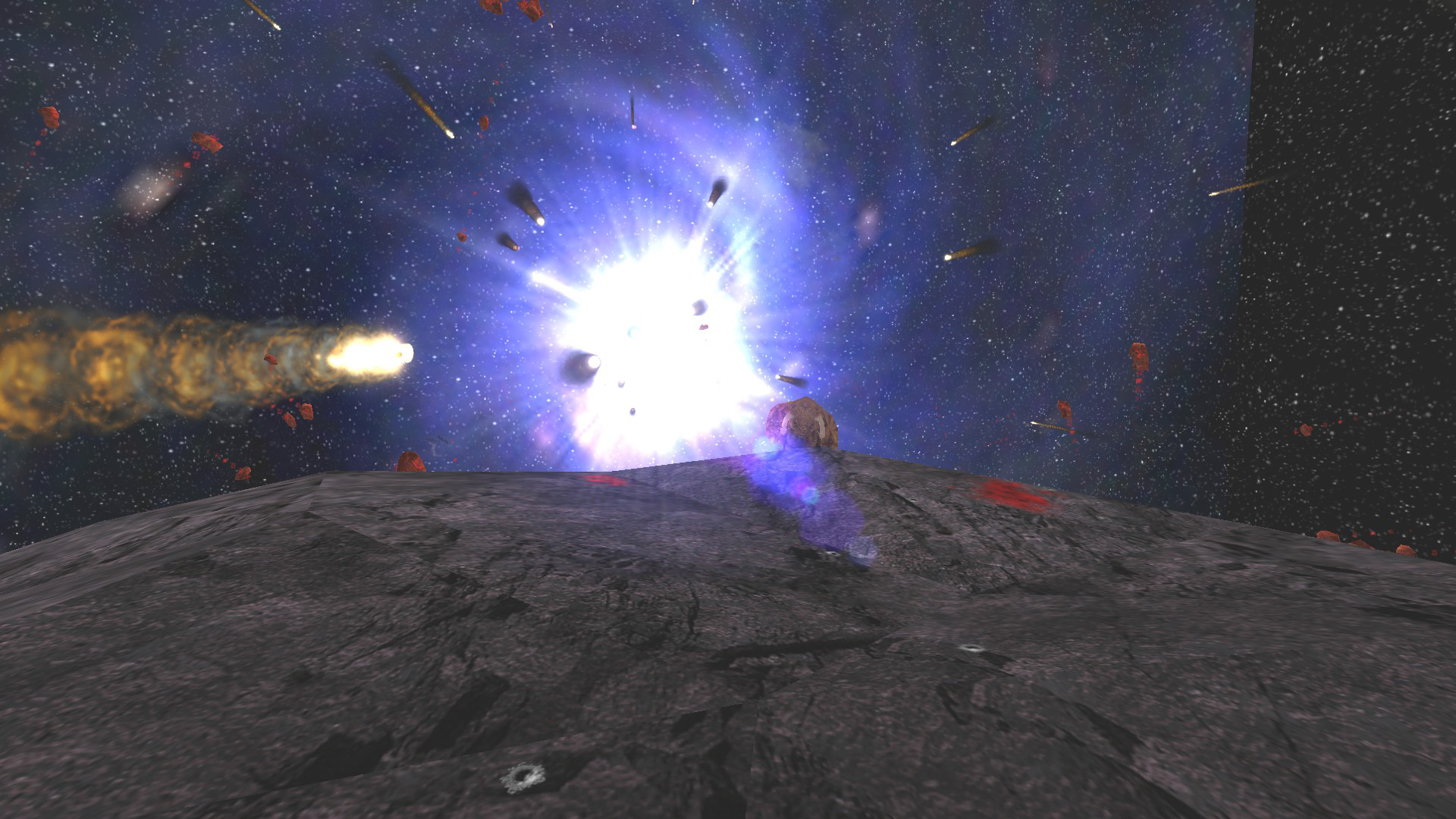

And The Editor roughly matches the size of the level. To avoid NullPointers I need to know the size of the level beforehand. We have never used it, and so far all levels here are of standard size. It's simply an easy way to avoid haveing the BufferedReader go through the entire file multiple times. If you want to see more reviews of great indie games, please consider backing this project.As for the Hexcells levels v2. It’s free! It’s a bit like Hexcells! It needs the ridiculous decision to have left-click move the puzzle fixed immediately! But it’s definitely worth bringing to your attention.Īll Buried Treasure articles are funded by Patreon backers. There’s also DLC you can buy, to hand over some money to developer ToastieLabs, and indeed the option for a year-long pass to DLC, suggesting they’re planning to stick with this long-term – a good sign.

And maybe you’ve listened to all the Bach over and over, anyway? But not an arsehole, because this is worth your attention! It’s not going to live up to its forefather, but then where would we get if we measured every piece of music against Bach? To a silly place, that’s where. What kind of monster would spend so many words saying what’s wrong with hundreds of puzzles for free? A terrible one.
Oh, and you get hundreds of levels for free. It’s about sprawling puzzles to pick away at, rather than resolving perfection. But be quiet me, because this is calm, methodical work, with a different agenda. Most egregiously in all the clues you find in puzzles that you never need to use to solve them. I’m fighting against further explaining how the loose design of the many levels here makes me think about just how tight Hexcells really is. So yes, of course, you endlessly accidentally drag the screen about rather than click on cells, and come on. Put a few words on the screen saying what they do! How hard is that? No one wants ambiguity in a logic puzzle!Īnd while I’m just complaining like I said I wouldn’t, by far the strangest and most deleterious decision is to have “move” be on left click and drag, and “remove cell” be on, er, left click. Yes, it also adds barriers to the mix, that seem to block all rules a hex may apply, apart from those you find it doesn’t, and bah. A red arrow in a numbered hex pointing in a direction means, it turns out, that the number applies only to hexes in that straight line from that point, but not if there’s a barrier.

Or indeed to what extent it may indicate it. Unfortunately, the same is true for pretty much every newly established element, where it requires guessing or failure to assume what the latest symbol indicates. Except, because it hadn’t done that bit of Hexcells yet, I guessed right. I can think of no fathomable reason why I should immediately and innately assume a double-green line inside a hex means that the number now applies to not adjacent cells but those in encircling hexes two layers deep. Levels are less meticulously designed perfection, and more sprawling expanses, roamed across in a much more Minesweepery fashion – except, crucially, driven only by logic and reason, not stupid guessing.Īt the same time, it rather naughtily leans on a lot of assumed knowledge from Hexcells players, in its attempts to be wordless as it expands it’s rules. Hexceed actually leans a little further into the overlapping space in that Venn diagram, and impressively, to good effect. But I do concede there is some common ground, if only in the premise that the numbers in hexagonal tiles indicate the number of “bombs” that cell is adjacent to. I was always a little frustrated by Hexcells’ comparisons to Minesweeper, since the former is the greatest logic puzzle game ever made for computer, and the latter is a tedious game of chance only enjoyed by the dangerously foolish. And yes, my instincts were correct: this is a wanton rip-off of Hexcells, that absolutely highlights its inspiration’s glory through its own lack, but hell, I’m still playing. Nobody needs to be told about a game they’d never hear about otherwise, only to be told why they didn’t need to hear about it. It’s so very blatantly a Hexcells rip-off that it was all I could do not to just write about how usefully it highlights the brilliance of Hexcells in all the ways it’s not as good as it. If I may be indelicate for a moment, I was pretty certain I wasn’t going to write about Hexceed.


 0 kommentar(er)
0 kommentar(er)
